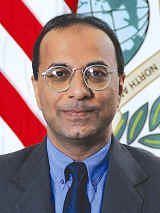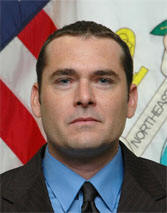APCSS Professor Malik Published in The Diplomat entitled ‘China and Strategic Imbalance’
Asia-Pacific Center for Security Studies (APCSS) professor Dr. Mohan Malik had an article published in The Diplomat entitled "China and Strategic Imbalance" July 14. Here is an excerpt from the article: "The recent Shangri-la meeting in Singapore saw some sharp exchanges between Chinese and other participants. Beijing’s deployment of an oil rig protected by more than 80 naval vessels in the South China Sea four days after President Barack Obama’s “reassurance trip” to China’s East Asian neighbors in April 2014 was widely seen as a deliberate and calculated provocation. Yet China’s move fits a pattern of advancing territorial claims on its [...]










